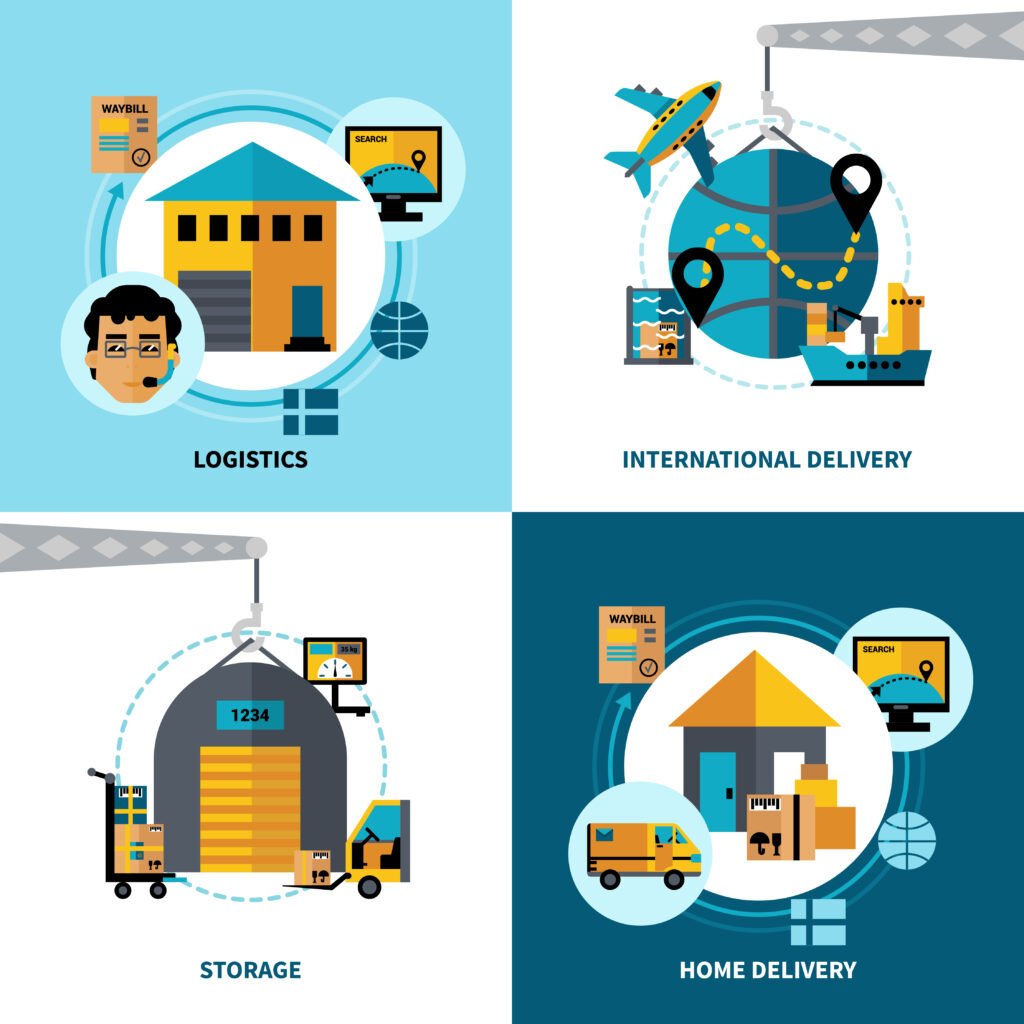
Warehouses play a crucial role in global trade and supply chains, ensuring efficient storage, logistics, and distribution. Learn how modern warehousing solutions enhance supply chain efficiency and optimize operations.
How Warehouses Support Global Trade and Supply Chains
Introduction
Warehousing is the backbone of global trade and supply chain management. With the rise of e-commerce, just-in-time inventory strategies, and international trade expansion, warehouses serve as pivotal hubs for storage, distribution, and logistics. From optimizing order fulfillment to ensuring the safe storage of perishable goods, modern warehousing solutions help businesses stay competitive and meet customer demands efficiently.
The Role of Warehouses in Global Trade
1. Enhancing Supply Chain Efficiency
Warehouses act as intermediaries between manufacturers and end customers, ensuring timely deliveries. Key benefits include:
- Reduced lead times in warehouse distribution
- Optimized order fulfillment with streamlined logistics
- Improved inventory control using advanced tracking systems
2. Just-in-Time Inventory Management
Many businesses implement just-in-time (JIT) inventory management, minimizing excess stock while ensuring product availability. Warehouses help:
- Store essential inventory closer to demand hubs
- Enable faster distribution and replenishment
- Reduce overhead costs by eliminating excess stock
3. The Importance of Bonded Warehouses
Bonded warehouses store imported goods before they clear customs, allowing businesses to defer duties until products are sold. How they work:
- Goods remain duty-free until released for distribution
- Businesses benefit from cost-effective inventory management
- Secure storage of high-value international shipments
Warehouse Solutions for Different Industries
1. Cold Storage and Perishable Goods Management
Industries like food, pharmaceuticals, and chemicals require specialized storage solutions:
- Best temperature control systems maintain optimal conditions
- Hygiene measures in food-grade warehouses ensure product safety
- Humidity control in medical warehousing preserves sensitive products
2. Warehousing for E-Commerce and Retail
As online shopping surges, warehouses must optimize fulfillment efficiency:
- Cross-docking strategies reduce storage time and expedite deliveries
- Multi-location warehouses enable faster regional distribution
- Automation and AI-powered logistics minimize errors in order picking
3. 3PL Warehousing and Logistics
Third-party logistics (3PL) providers offer flexible storage and fulfillment solutions:
- Support growing businesses with scalable inventory management
- Improve supply chain responsiveness with real-time tracking systems
- Reduce costs and streamline operations with outsourced warehousing
Future Trends in Warehousing
1. Smart Warehousing and Automation
- AI-driven warehouse management systems (WMS) for accurate inventory tracking
- IoT-enabled temperature monitoring for sensitive product storage
- Drones and robotics for fast and efficient order fulfillment
2. Sustainability in Warehouse Operations
- Energy-efficient lighting and refrigeration to reduce carbon footprint
- Recyclable packaging solutions for eco-friendly logistics
- Green warehousing initiatives promoting solar and alternative energy use
3. Blockchain for Warehouse Security and Transparency
- Real-time inventory visibility with secure digital records
- Enhanced security for high-value inventory using blockchain encryption
- Fraud prevention in supply chains with tamper-proof tracking
- Visit The Digital Farma . for web & Digital services.
Conclusion
Warehousing plays an indispensable role in global trade and supply chains by ensuring smooth logistics, secure inventory management, and cost-effective distribution. Whether supporting e-commerce fulfillment, cold storage, or industrial warehousing, modern solutions continue to evolve, driving efficiency and innovation.
🚀 Looking for advanced warehousing solutions? Visit masmkassociates.com to explore customized logistics and warehouse management services!
